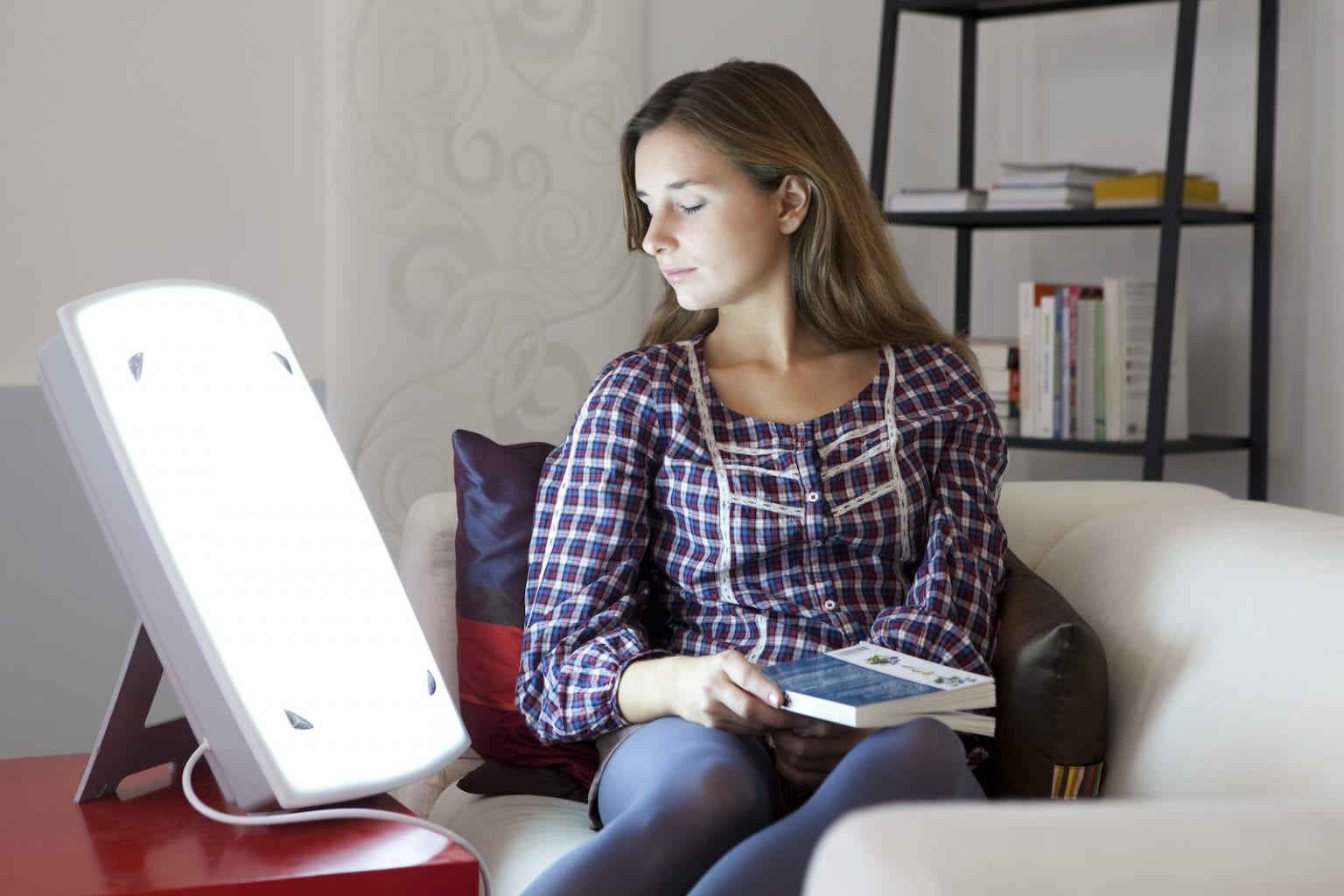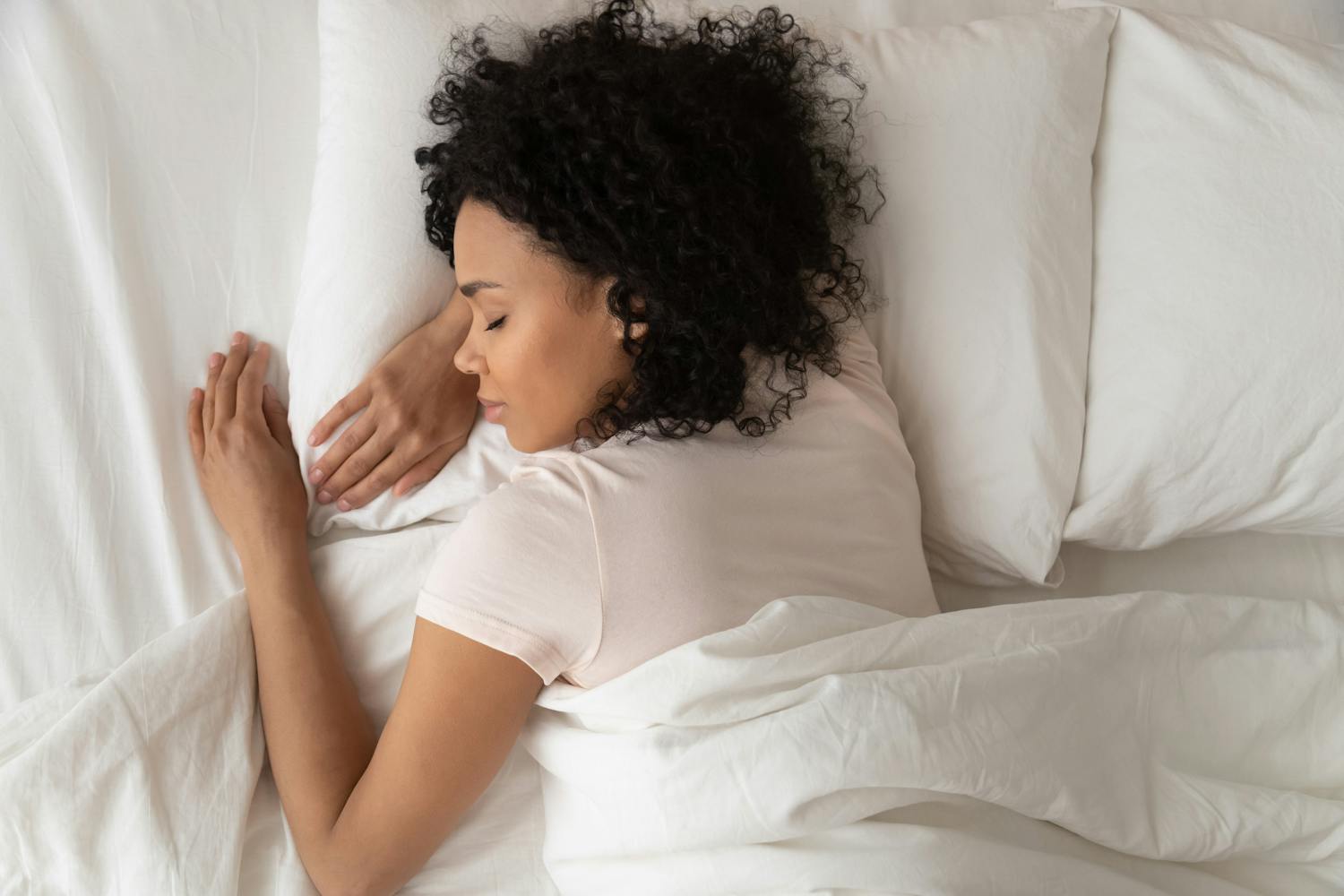Natural Insomnia Remedies - Safe and Reliable Treatments
Natural Insomnia Remedies - Safe and Reliable Treatments
Blog Article
Efficient Treatment Solutions for Managing Sleep Disorders and Enhancing Relaxing Sleep
In the world of healthcare, the management of rest problems and the pursuit for restful rest are crucial components of overall well-being. As we browse the complex landscape of sleep conditions and look for to improve our sleep experience, a much deeper understanding of these therapy options might hold the trick to opening an extra refreshing and meeting restorative journey.
Cognitive Behavior Therapy for Sleep Problems (CBT-I)
Cognitive Behavior Modification for Sleep Problems (CBT-I) is a structured, evidence-based treatment strategy that concentrates on resolving the hidden aspects adding to rest disruptions. This sort of therapy intends to modify behaviors and ideas that exacerbate sleep problems, inevitably advertising healthy sleep patterns. CBT-I normally includes numerous crucial elements, including cognitive therapy, rest restriction, stimulation control, and sleep health education and learning.
Cognitive therapy helps people recognize and change unfavorable thought patterns and ideas concerning rest that may be preventing their capacity to fall or remain asleep. Rest limitation entails restricting the amount of time invested in bed to match the person's actual sleep period, consequently boosting rest efficiency (sleep improvement therapy). Stimulation control methods help develop a solid organization between the bed and rest by encouraging individuals to visit bed just when drowsy and to avoid involving in boosting tasks in bed
Furthermore, rest health education and learning focuses on developing healthy sleep routines, such as maintaining a regular sleep routine, creating a relaxing bedtime regimen, and optimizing the rest atmosphere. By dealing with these factors comprehensively, CBT-I offers a reliable non-pharmacological treatment for taking care of sleeplessness and boosting overall sleep top quality.
Sleep Health Practices
Having actually established the structure of cognitive restructuring and behavioral adjustments in addressing sleep problems with Cognitive Behavioral Treatment for Sleeplessness (CBT-I), the emphasis now moves in the direction of checking out vital Rest Hygiene Practices for preserving optimum sleep high quality and total wellness.
Rest health techniques encompass a series of behaviors and environmental aspects that can significantly affect one's ability to drop off to sleep and stay asleep throughout the evening. Regular sleep and wake times, producing a relaxing bedtime regimen, and enhancing the sleep atmosphere by maintaining it dark, quiet, and cool are critical components of excellent sleep health. Restricting exposure to displays prior to going to bed, staying clear of energizers like caffeine close to bedtime, and involving in normal physical activity during the day can additionally promote much better sleep high quality.
Moreover, practicing leisure techniques such as deep breathing workouts or reflection before bed can help soothe the mind and prepare the body for sleep. By incorporating these sleep hygiene techniques right into one's everyday regimen, people can establish a healthy sleep pattern that supports relaxed sleep and overall health.
Relaxation Methods and Mindfulness
Implementing relaxation techniques and mindfulness methods can play a crucial duty in cultivating a sense of calmness and promoting quality sleep. Furthermore, guided imagery can assist transport individuals to a serene area in their minds, aiding in tension reduction and boosting sleep high quality.
By integrating these techniques into a going to bed regimen, individuals can signify to their bodies that it is time to prepare and loosen up for rest. Generally, integrating relaxation techniques and mindfulness techniques can substantially add to handling sleep disorders and boosting total rest high quality.

Medicine Options for Sleep Disorders
After exploring leisure methods and mindfulness techniques as non-pharmacological interventions for boosting rest top quality, click site it is vital to consider medication alternatives for people with sleep problems. In situations where lifestyle changes and treatment do not give adequate alleviation, medication can be an important tool in handling sleep disruptions.
Frequently recommended medications for rest problems consist of benzodiazepines, non-benzodiazepine hypnotics, antidepressants, and melatonin receptor agonists. Benzodiazepines, such as diazepam, are sedatives that can help cause sleep, yet they are usually advised for short-term use due to the danger of reliance. Non-benzodiazepine hypnotics like zolpidem are also made use of to treat sleep problems and have a reduced risk of dependancy compared to benzodiazepines. Antidepressants, such as trazodone, can be advantageous for people with co-occurring anxiety and sleep disruptions. Melatonin receptor agonists, like ramelteon, click this target the body's natural sleep-wake cycle and can be useful for regulating sleep patterns.
It is critical for people to speak with a doctor to determine the most proper medication alternative based upon their certain sleep condition and clinical background.
Light Therapy for Circadian Rhythm Guideline
Light treatment, also understood as photo-therapy, is a non-invasive treatment method utilized to manage body clocks and boost sleep-wake cycles. This treatment entails direct exposure to bright light that simulates all-natural sunshine, which aids to reset the body's inner clock. By exposing individuals to details wavelengths of light, normally in the morning or night depending upon the preferred effect, light treatment can successfully adjust the body clock to promote wakefulness throughout the day and enhance relaxed sleep during the night.
Research has revealed that light treatment can be particularly helpful for individuals with body clock problems, such as delayed sleep stage syndrome or jet lag. It can likewise be helpful for those experiencing seasonal depression (SAD), a kind of clinical depression that usually takes place during the have a peek here winter season months when all-natural light exposure is reduced. Light therapy is generally well-tolerated and can be made use of in conjunction with various other therapy methods for rest disorders to maximize results and improve overall rest top quality.
Verdict
To conclude, reliable therapy remedies for taking care of rest conditions and boosting relaxed rest include Cognitive Behavioral Treatment for Sleeping Disorders (CBT-I), sleep health practices, relaxation strategies and mindfulness, medicine choices, and light therapy for circadian rhythm policy. These approaches can help individuals improve their sleep quality and general wellness. It is essential to seek advice from with a health care provider to establish the most suitable strategy for dealing with sleep concerns.
As we navigate the intricate landscape of sleep disorders and seek to boost our sleep experience, a deeper understanding of these treatment solutions might hold the secret to unlocking an extra refreshing and fulfilling restorative journey.
Sleep constraint includes restricting the quantity of time spent in bed to match the individual's real sleep period, therefore enhancing rest effectiveness. Consistent rest and wake times, producing a relaxing going to bed regimen, and optimizing the rest atmosphere by keeping it dark, silent, and cool are important components of great rest hygiene. Light therapy is usually well-tolerated and can be used in conjunction with other therapy methods for rest disorders to maximize end results and improve overall sleep high quality.

Report this page